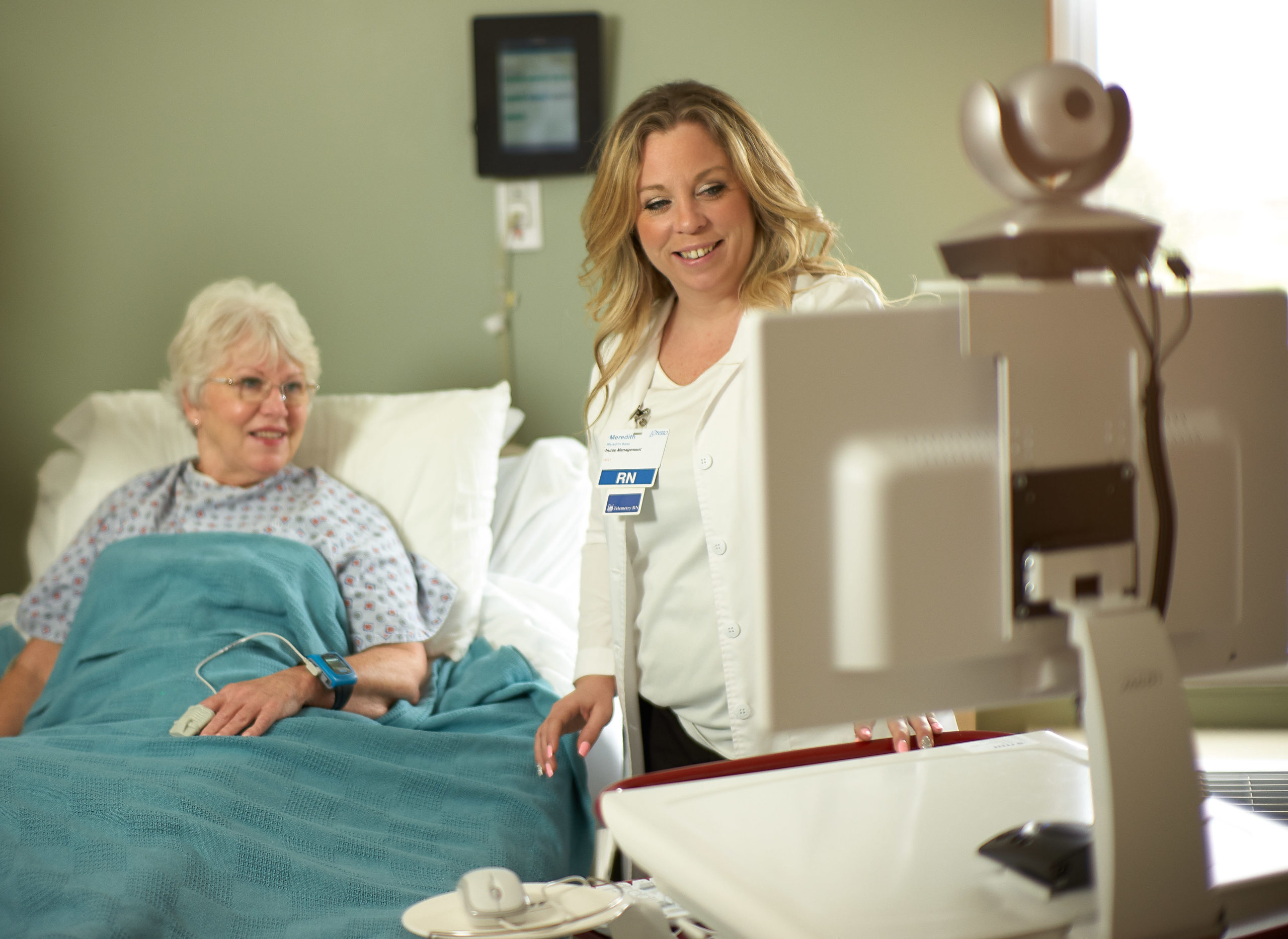The Future of Healthcare Requires a Holistic View
If you’ve been following my blog for a while, you’re familiar with my philosophy of pragmatic altruism – that doing good is good for business. It’s not doing good for good’s sake, but with a vision, a purpose, and in a way that’s a “win-win” for yourself and your business.
Because of this philosophy, I have reexamined my professional position and personal responsibilities at Loretto – and taken it one step further to consider Loretto’s place within our hometown of Syracuse and the surrounding communities.
I’m excited to include some insight from Joelle Margrey, Chief Nursing Officer of Skilled Nursing at Loretto, regarding a recent expansion of services that came from a desire to help Central New York move forward from the pandemic – supporting the surrounding healthcare infrastructure.
One of the most important lessons that was reinforced during the pandemic is how tightly our healthcare systems are interconnected. When hospitals were strained due to the sharp increase of COVID-19-positive patients, Onondaga County selected Loretto to open the region’s only dedicated COVID transitional unit. We were qualified to serve in this capacity because we had already demonstrated the success of recent innovations in care and the success of partnerships throughout the community. One of those innovations was our Restorative Care Unit.
For those of you outside of the long-term care industry who may not be familiar with a Restorative Care Unit – this is the place you would go if you no longer require a hospital level of care although continue to need a subacute level of care. Subacute care is an inpatient service for individuals that require a higher level of intensive monitoring and treatment than those typically provided in skilled nursing and less intensive than in an acute care hospital. (You can learn more about the care provided at the Restorative Care Unit here.)
We opened our Restorative Care Unit in 2018 to reduce hospitalization rates, shorten patients’ hospital stays, assist with hospital decantation, and allow patients to complete rehabilitation faster and in a lower acuity setting. You can imagine how the purpose of this unit was a great asset during the pandemic. It provided significant relief and support for our local hospitals – but this relief and support extends beyond the pandemic.
As our health system recovers and evolves from the pandemic, the Restorative Care Unit provides our community access to quality and innovative rehabilitation and restorative care at a lower cost and reduced risk of re-hospitalization. It also helps hospitals to lower readmissions and keep more beds open for patients who need hospital care—which is crucial as our nation’s health care moves forward with strained resources.
With that in mind, we decided to expand. Loretto has officially opened an additional 23 beds in our Restorative Care Unit, almost doubling the capacity from 25 to 48 beds. The additional beds will offer the same 24/7 monitoring as the original unit. It also creates additional job opportunities in our community as we continue to recruit for this unit and for other areas of the organization. We are grateful to the State for awarding Loretto a Vital Access Provider grant to help fund this critical project.
We see a clear vision for the role of the long-term care industry, as well as the future of the healthcare system in its entirety. Each entity within a healthcare community must consider the entire picture and identify how best to work together. At this time, one of the key roles that we can play is to support continued relief for our hospitals and provide the exact care that our community needs.
This is the type of holistic view we must take as we redefine healthcare. What resources do we need from staff, funding, technology, and more? And how do we work collaboratively with an approach that truly understands each person involved – from our employees to our partners, to the patients and residents, their family members, and others who are directly or indirectly affected by the services we provide?
This is seeing our business through the lens of pragmatic altruism – a decision that’s good for the community, and equally good for business, as it solidifies our role as a long term care provider within the bigger picture of healthcare.

